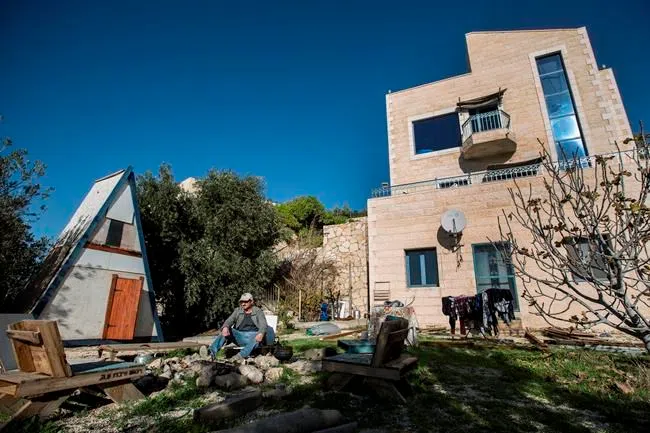
Israel steps up boycott fight after Airbnb settlement ban
Israel said Tuesday it would slap high taxes on vacation rental company Airbnb and encourage legal steps against the site over its decision to ban listings from West Bank settlements.
The threats of sanctions ramp up Israel’s fight against a global movement advocating for boycotts over the country’s treatment of the Palestinians. The Boycott, Divestment, Sanctions campaign, also known as BDS, has claimed a number of successes in recent years, leading Israel to identify it as a major threat.
Israeli Tourism Minister Yariv Levin called on Airbnb to reverse what he called a “discriminatory decision” and “disgraceful surrender” to the boycott movement, vowing that Israel would retaliate.
“If you have a policy of discrimination against Israelis you cannot earn money in Israel,” he told The Associated Press.
